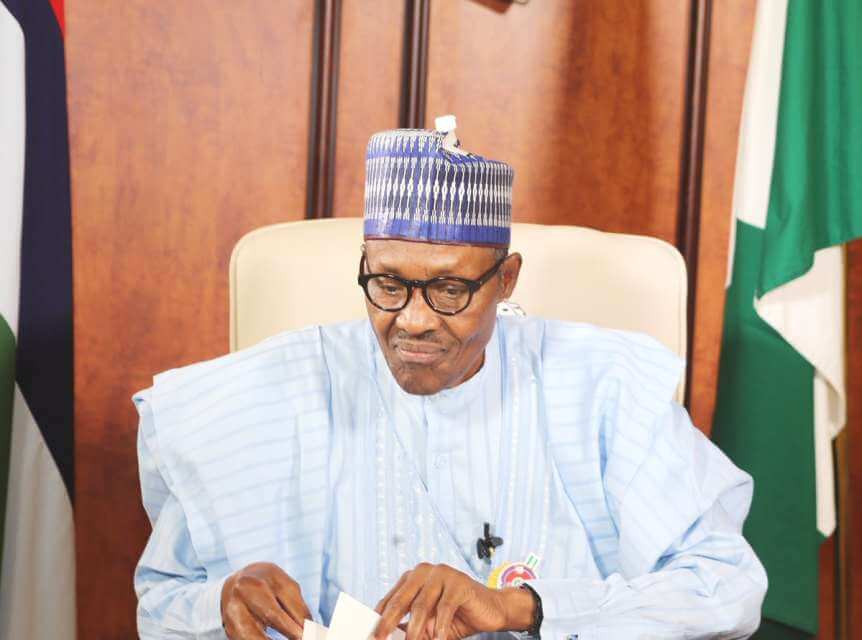President Muhammadu Buhari, on Friday, declined assent to the amended Electoral Act.
This is the third time the president would reject the bill.
Advertisement
Recall that Buhari, in March, declined assent over claim that the bill would usurp the constitutional powers of Independent National Electoral Commission (INEC) to decide on election matters.
Similarly, Buhari in September, rejected the bill asking the national assembly to revise some clauses.
The bill was passed on July 24 and transmitted to the president on August 3.
Speaking to reporters, senior special assistant to the president on national assembly (senate), Ita Enang said, “President Muhammadu Buhari has taken decision on Electoral Act Amendment bill 2018. In accordance with his power under the 1999 Constitution and has communicated that decision to the Senate and House of Representatives in accordance with the law.
Advertisement
On if the bill was assented or rejected, he said “the president has taken a decision in accordance with the powers vested in him according to the constitution. And by convention that decision contained in the communication can only be revealed by the person to whom that decision is addressed. But the electoral bill has left Mr. President because he has taken a decision and has remitted it back.”
Pushed further Enang said, “Thank you very much but this is all the law allows me to say by convention. Mr. President has sent that communication to the national assembly.
“It is safe to say that the president has taken decision as allowed by law and has communicated that decision to the senate and the House of Representatives.
“The implication of the decision is that the president has taken action on the bill within the time allowed by law.”
Enang, however, revealed that the National University Commission Amendment Act was assented by the president.
Advertisement
“President Buhari has also assented to National Open University Amendment Act, which allows the National Open University to operate as all other universities, having the same power and functions and the same administrative structures eliminating possible discrimination as some use to want to have on its products and programmes.
“It has also allowed the establishment of some centers to be called study centers and given conditions for the establishment of such study centers.”



